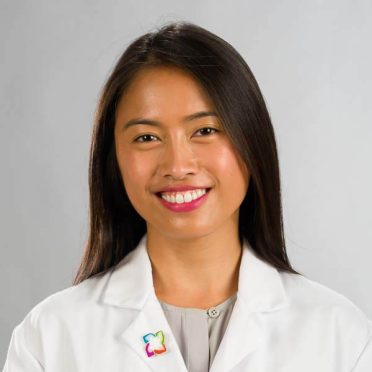Headache disorders have gone under recognized, and underappreciated, for a very long time, according to Dr. Abigail Chua of the Hartford HealthCare Headache Center.
Unfortunately, she said, many people with headache disorders do not see their doctors for help, and healthcare providers don’t get enough headache medicine training while they are in school.
Advanced training in headache medicine is important because the demand for headache specialists in this country is growing. Currently, there are nearly 40 million Americans – one out of seven – diagnosed with migraine, a specific type of headache disorder. There are less than 550 specialty-trained headache experts in the country, meaning that each physician would have to see more than 70,000 people a year to be able to take care of everyone diagnosed with migraine. Add people with headache disorders other than migraine and the number grows even larger.
To manage this gap in care and increase provider knowledge about managing headache disorders, Dr. Chua and others affiliated with the Headache Center, part of the Ayer Neuroscience Institute, are training the next generation of advanced specialists in the intricacies of diagnosing and treating headaches with a new headache fellowship.
The fellowship, under the direction of Dr. Chua, is accredited by the United Council of Neurologic Subspecialties and welcomed its first two fellows in July. Fellows are physicians — often, but not exclusively, neurologists — seeking advanced training in headache care.
“These fellowships are highly competitive — there are only 41 such programs in the country and most take only one to two applicants,” she said.
Hartford HealthCare’s headache fellows will divide their time between seeing patients in Headache Center clinics in West Hartford and Southington (soon to be Cheshire) and working on academic projects. They will do original research studies, and write papers for professional journals. They will also learn from physicians and practitioners in medical specialties that work closely with patients who have headache, such as behavioral health, obstetrics and gynecology, physical therapy, pain management and integrative medicine. This collaboration is very important, according to Dr. Chua.
“This close level of collaboration with other specialties is not seen in many other headache centers around the country, making our center unique,” she said. “Allowing our fellows time to learn from these other medical disciplines leaves them better equipped to treat complex headache disorders using a comprehensive, multidisciplinary approach that involves more than just medications.”
This, she added, is important because headache medicine is not one-size-fits-all and treatment needs to be tailored to an individual’s medical needs and goals of care.
“By working closely with our patients and finding what works best for them and their life, we are better able to provide them with the level of headache care they are looking for,” Dr. Chua said.
For more information on the Hartford HealthCare Headache Center, click here.


